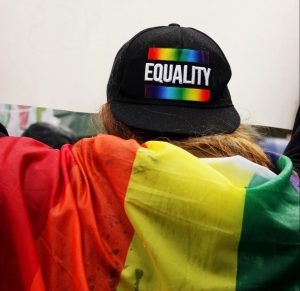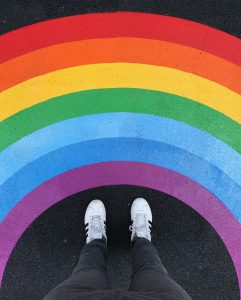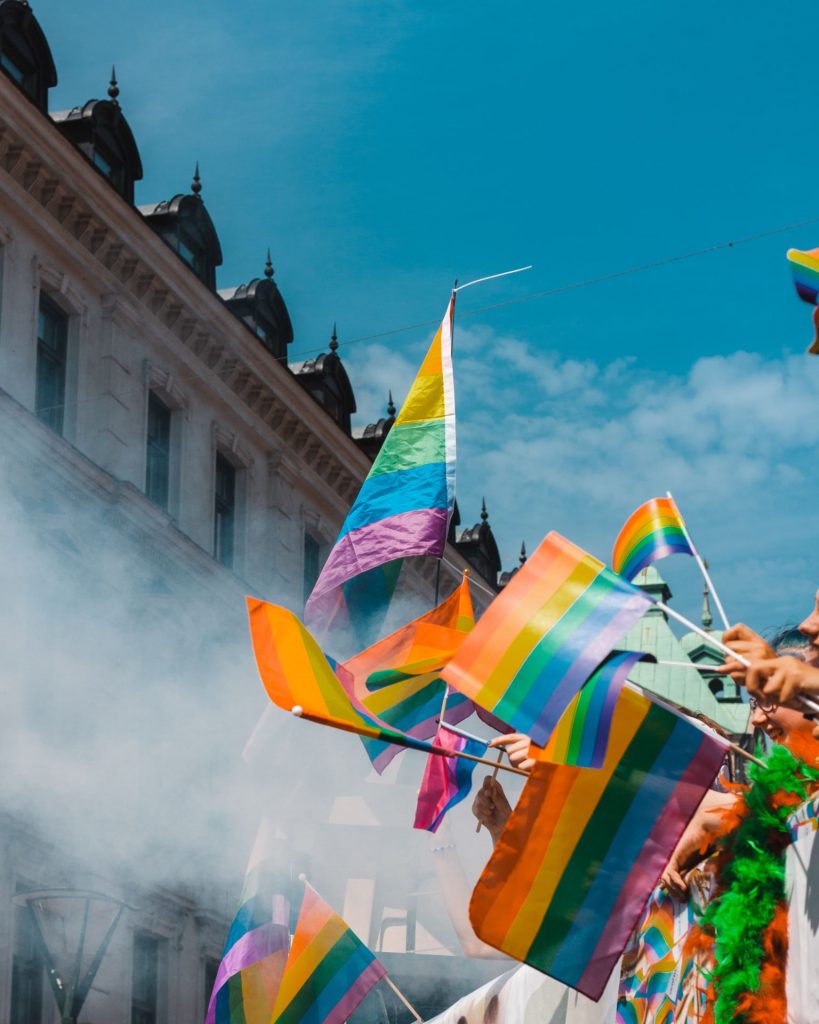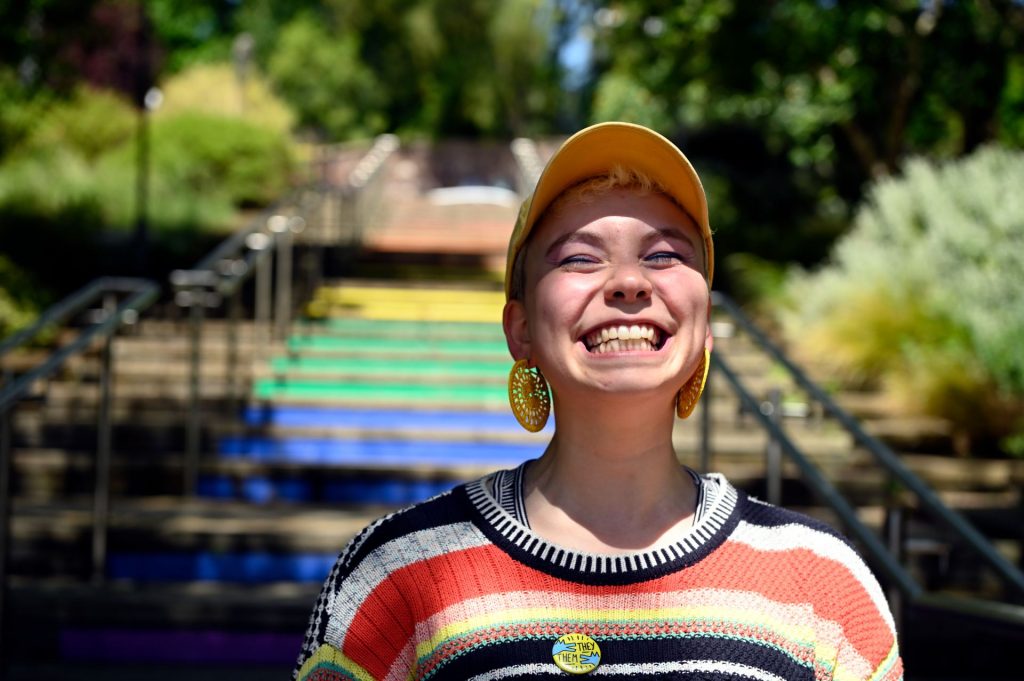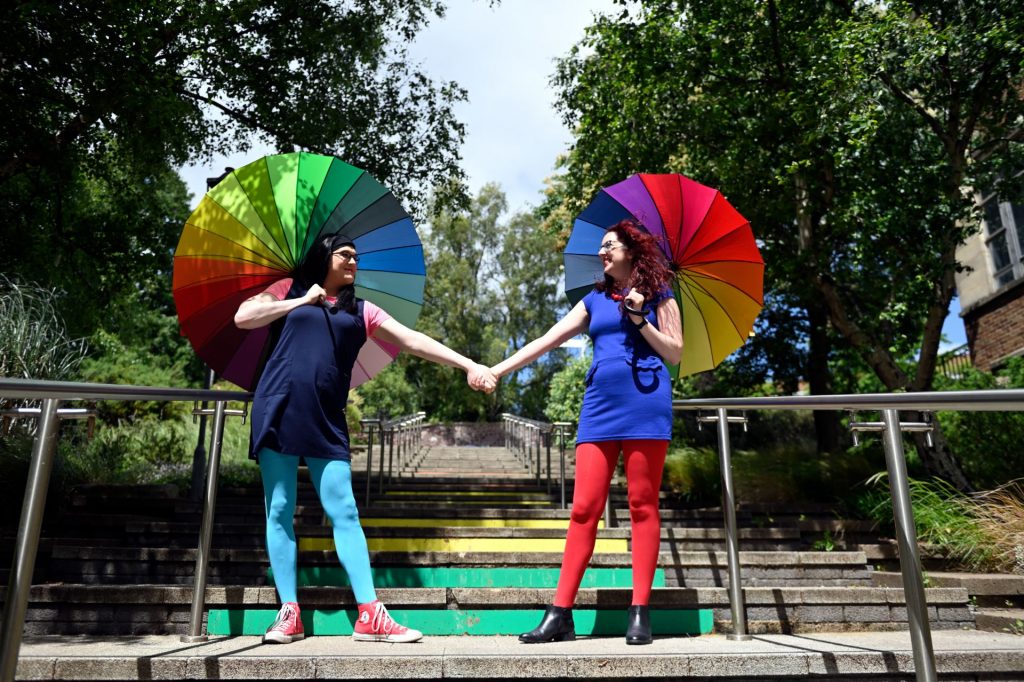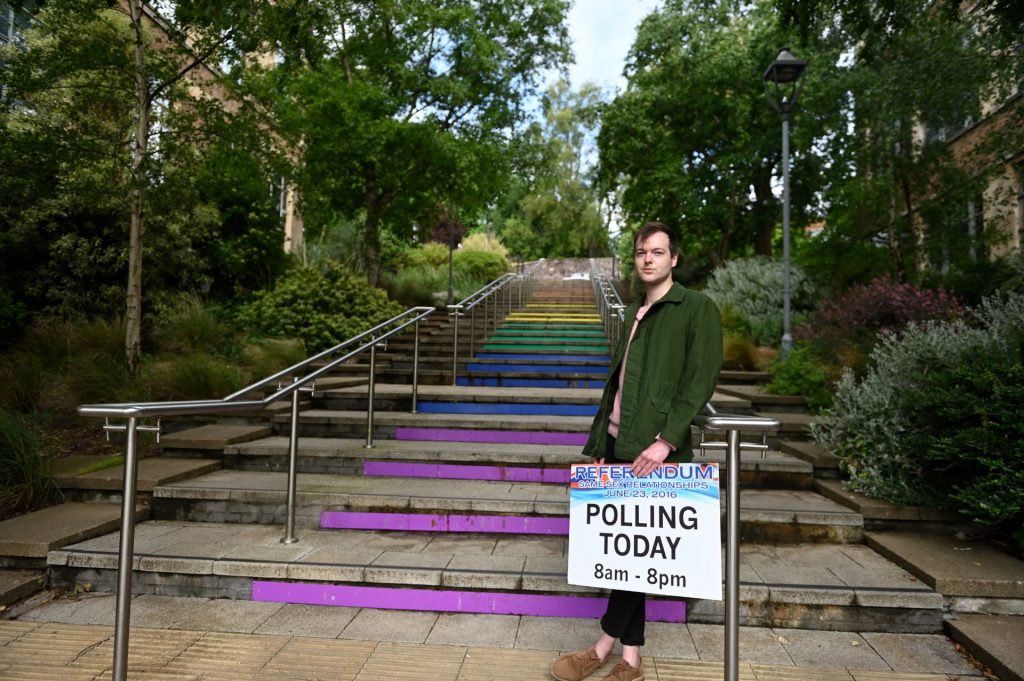By Student Champion, Josh
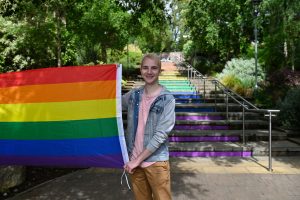
LGBTQ+ History Month takes place every February in the UK, and this year the focus is ‘Behind the Lens’ – to look at LGBTQ+ people’s contribution to film and TV. You might ask yourself, but why is LGBTQ+ History Month important, after all gay marriage has been legal in the UK for almost 10 years and being gay was decriminalized back in 1967.
First and foremost, there are still a lot of countries in the world where LGBTQ+ people do not have basic human rights. Only 33 countries recognise same-sex marriage, and there are 6 countries where being gay can result in the death penalty by law. There are also then the issues of rights around gender recognition, discrimination and hate crimes, adoption/parenting, blood donations and so on. This shows how important it is that people still fight for their fundamental human rights, and by looking back at our history we can determine how best to secure others their future.
It is so important that everyone sees people like themselves in the classroom. In 1988, Margaret Thatcher introduced Section 28 – a law that prohibited schools from ‘promoting the teaching of the acceptability of homosexuality as a pretended family relationship’. This meant that most schools ignored the mention of anything to do with LGBTQ+ people and their history. This year marks 20 years since it was abolished in 2003, but the stigma of talking about LGBTQ+ topics has been hard to combat. This means that while students are taught about LGBTQ+ people of history (Alan Turing, Virginia Wolfe, Oscar Wilde, and Leonardo Da Vinci to name a few), their sexuality/gender identity is often ignored or even taught incorrectly. This ‘straight-washing’ is common, and this kind of erasure means that LGBTQ+ young people grow up feeling isolated, as they have no one that they can look up and relate to.
Many people who are homophobic will claim that being LGBTQ+ is a modern thing from the last 50 years. But by teaching LGBT History, we can prove that there have been LGBTQ+ people for as long as there have been people. The recent 2021 UK Census data shows that 6.91% of 16 to 24-year-olds are LGB+, 3.16% of the total population are LGB+ and 0.5% have a gender identity that is different to their sex assigned at birth. Increasing representation, teaching of LGBTQ+ history, and greater societal acceptance is clearly resulting in more people feeling comfortable enough to come out.
As a society we need to keep moving forwards, but we cannot forget those who fought to gain us the rights we have now. As the famous quote says, “those who cannot remember the past are condemned to repeat it” – George Santayana. Given the recent surge in anti-LGBTQ+ discrimination around the world, particularly online and in the media, LGBT History Month is as important as ever.
Check out these links below for some more information on LGBT History:
https://lgbtplushistorymonth.co.uk/lgbt-history-month-2023/
https://www.stonewall.org.uk/key-dates-lesbian-gay-bi-and-trans-equality
https://en.wikipedia.org/wiki/LGBT_rights_by_country_or_territory
https://www.advocate.com/world/2016/7/08/20-lgbt-people-who-changed-world



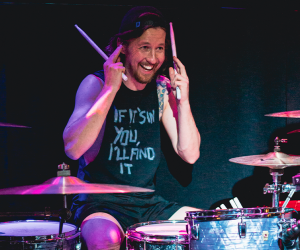
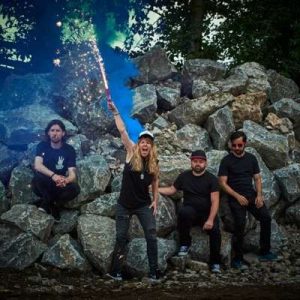
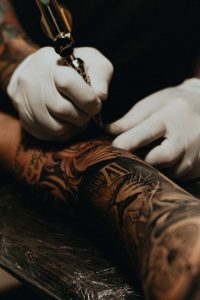
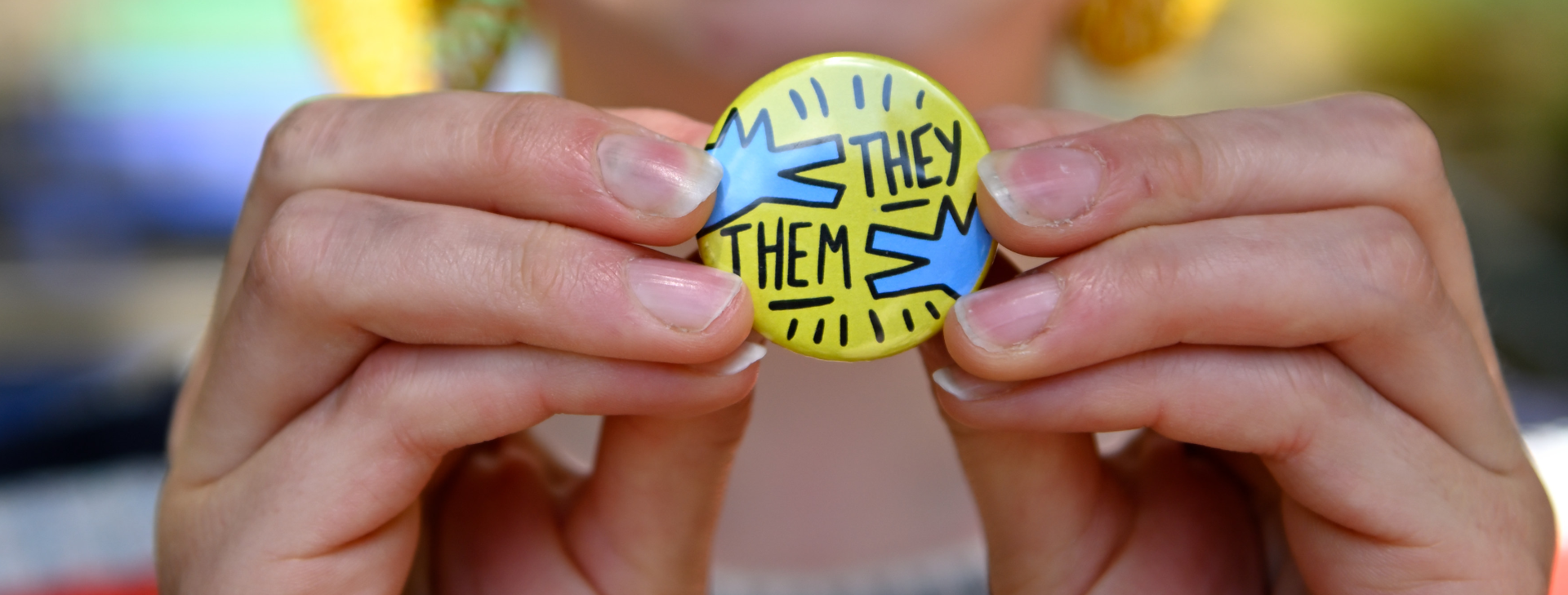
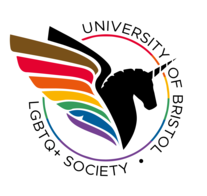
 These sessions run in collaboration with
These sessions run in collaboration with 